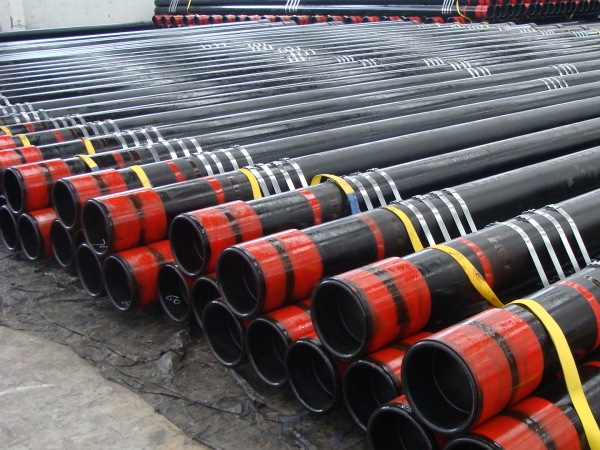Oil casing pipes play a crucial role in the oil and gas industry, providing structural support to boreholes and protecting the wellbore from external forces and contaminants. To prevent damage to oil casing pipes and ensure their integrity throughout their operational life, consider the following three aspects.

1. To safeguard against drilling-induced damage to the oil casing, it is imperative to focus on two key aspects:
(1) Choose petroleum casing with appropriate anti-corrosion properties tailored to the specific conditions at the bottom of the oil well.
(2) Prior to commencing drilling operations, petroleum personnel should optimize the drilling design plan. This optimization enables relevant personnel to minimize the wellbore curvature, consequently reducing stress changes on the oil casing during drilling. This ensures drilling quality and prevents damage to the oil casing throughout the drilling process.
2. Enhancing perforation technology is essential for ensuring the quality of cementing while avoiding harm to the oil casing. During perforation operations, it is crucial to optimize relevant parameters to enhance the accuracy of the perforation process. Oil company management personnel should intensify supervision of the perforation process's implementation, ensuring strict adherence to the perforation process's implementation guidelines by relevant personnel. This guarantees both the quality of cementing and the integrity of the oil casing.
3. Employing anti-corrosion technology is a proactive measure to prevent tubing and casing damage in oil operations. Key methods include:
(1) Incorporate anti-corrosion additives into the water used during oil exploitation to mitigate damage to the oil casing.
(2) Address electrochemical corrosion by connecting a specific current to the oil casing, facilitating the transfer of casing corrosion and averting damage to the oil casing.